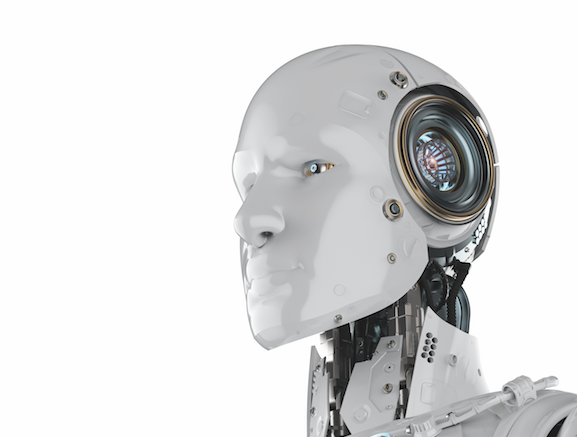What threat does AI pose to family offices and wealth managers in what portends to be a rapidly changing world? Farnoush Farsiar founder of Plato Capital
The number of companies that manage individual family portfolios has risen by over a third in the last two years.
Data from EY shows that throughout the last decade, family offices have experienced a tenfold growth with over 10,000 offices now in operation. Together they manage around $4 trillion worth of assets, according to Campden Wealth.
Not only are family offices booming in number, they are trailblazing new ways of working across multiple industries. Multifaceted and distinctly varied, family offices now boast a wide range of roles and responsibilities, from managing a family’s assets, taxes and personal staff to arranging holidays and security – on top of their principal functions of identifying profitable investments and overseeing philanthropic donations.
In a period of global uncertainty, family offices are moving away from private investment firms to making direct investments themselves. They are disrupting and reshaping traditional market processes towards higher yielding, and more illiquid assets dedicated to more ethical purposes and driven by the new preferences of family investors.
The industry now contributes millions of dollars to Western financial hubs, as well as small and medium sized enterprises across developing and emerging economies. Such local enterprises act as a driver for national economic growth and prosperity, when they can access the finances and debt equity they need.
However, rapid technological advancements and market disruption – at a pace we’re yet to fully comprehend – puts the traditional family office model at risk of becoming irrelevant. To remain competitive, they will need to provide bespoke solutions by developing a range of more nuanced skills and technical or sector specific expertise.
Venture capital spending and investment in AI reached $9.3bn last year, a 72 percent increase from the previous year. Globally, it is expected that spending on AI and big data will reach $79.2bn by 2022 and further into the hundreds of billions by 2025. As AI, biotech and robotics play an increasingly significant role in business – from investment to logistics – they will transform every walk of life.
To reach scale in a fast-growing tech ecosystem and secure lucrative returns, family offices must align their investments with sector-specific specialisms, unlocking their potential through new expertise. Hiring employees with a background in tech or sector-specific investment vehicles will also be crucial in either opening wider networks, drilling down into niche industries or remaining at the forefront of change.
In his best-selling book Homo Deus, historian and best-selling author Yuval Noah Harari presents his bracing predictions that, just as mass industrialisation stimulated the rise of the working class, the AI revolution will establish “the rise of the useless class” – a 21st century proletariat.
Harari highlights the possibility that, as we increase the intelligence and capability of our computer systems, more humans will be pushed out of the job market at ever higher levels of the job market – would family office leaders be exempt?
Not everyone agrees that such ‘tech displacement’ is an inevitability. Fears that the ‘Fourth Industrial Revolution’ will drive massive unemployment have consistently proven to be unfounded.
Researchers at the Future of Life Institute, a Boston-based think tank lauded by the likes of Stephen Hawking, Elon Musk and Jaan Taallin, are starting a different kind of conversation about what the tech boom means for humanity.
While automation and mechanisation threatened the existing modes of production in the past, they also brought about new and exciting opportunities. Information and biotechnology are still in their initial stages, and as computers begin to manage more routine cognitive labour, new opportunities open for innovative, stimulating and creative jobs for humans.
As such, family offices are more likely to see their capabilities augmented by artificial intelligence, rather than be replaced. The bespoke nature of their work means that family offices could become some of the principal beneficiaries of what is being called ‘Intelligence Amplification’ – ‘IA’ as opposed to ‘AI’.
The next generation of ultra-high net worth individuals have been raised with instant access to information and innovation and, as a result, these digital natives expect state-of-the-art tools and advice as a basic requirement. As such, family offices must adopt proactive and agile approaches to cope with emerging technology.
For the entrepreneurial family office manager, the strategic adoption of AI, automation and big data – alongside the soft skills and emotional intelligence that have long made such offices unique – can provide the cutting edge that puts you at the top of the wealth management industry.


































